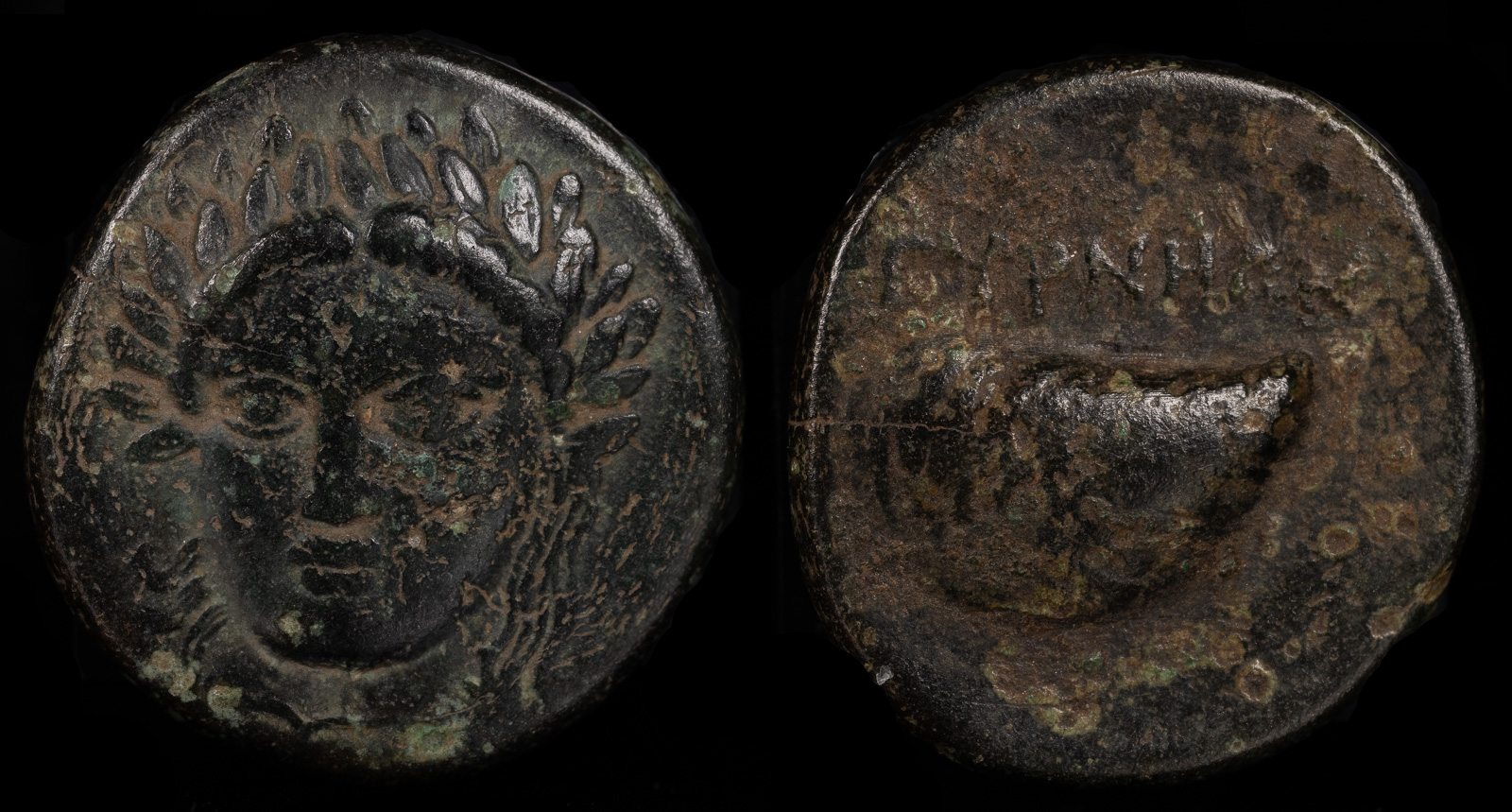Mussel
View All Tags
Mussels, along with other shellfish, were an important part of the ancient Greek diet. They were easily accessible due to the Greeks’ vast coastline and their expertise in fishing and harvesting marine life. The Greeks valued seafood for its nutritional benefits, particularly its high content of protein and minerals, which was a key aspect of their diet, especially for those living near the coast. Mussels were often prepared in various ways, including boiling, grilling, or steaming, and were sometimes seasoned with herbs and olive oil. They were particularly popular in coastal cities such as Athens, where they were often eaten during communal gatherings or in tavernas.
Beyond their culinary importance, mussels also had symbolic significance in ancient Greek culture. Shells, in general, were associated with fertility, abundance, and the sea, a domain that the Greeks revered for its connection to both survival and prosperity. Mussels, like other shellfish, were part of the larger symbolic world of the sea, which played a central role in Greek mythology and religion. The sea gods, such as Poseidon, were often depicted with marine creatures, including shellfish, emphasizing the connection between the gods and the life-giving properties of the ocean.

AEOLIS. Gyrneion
3rd century BCE
AE 16 mm, 3,87 g
Laureate head of Apollo facing slightly to left
Rev. ΓΥΡΝΗ Mussel shell
SNG München 438; SNG Copenhagen 202-203; SNG von Aulock 7689
Ex Savoca